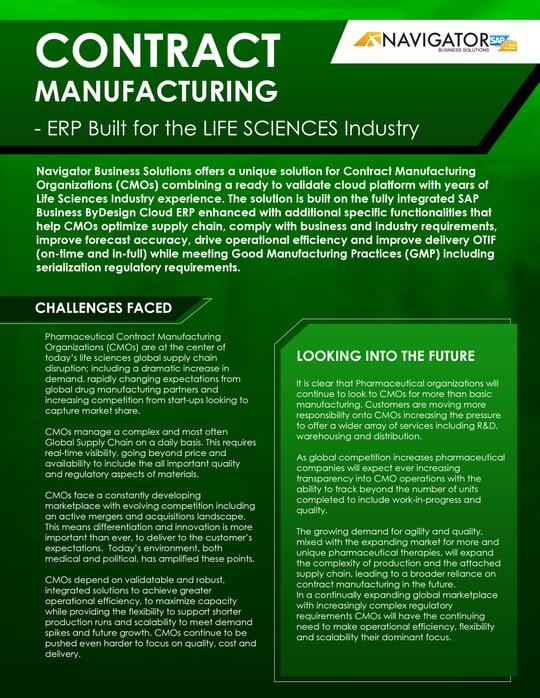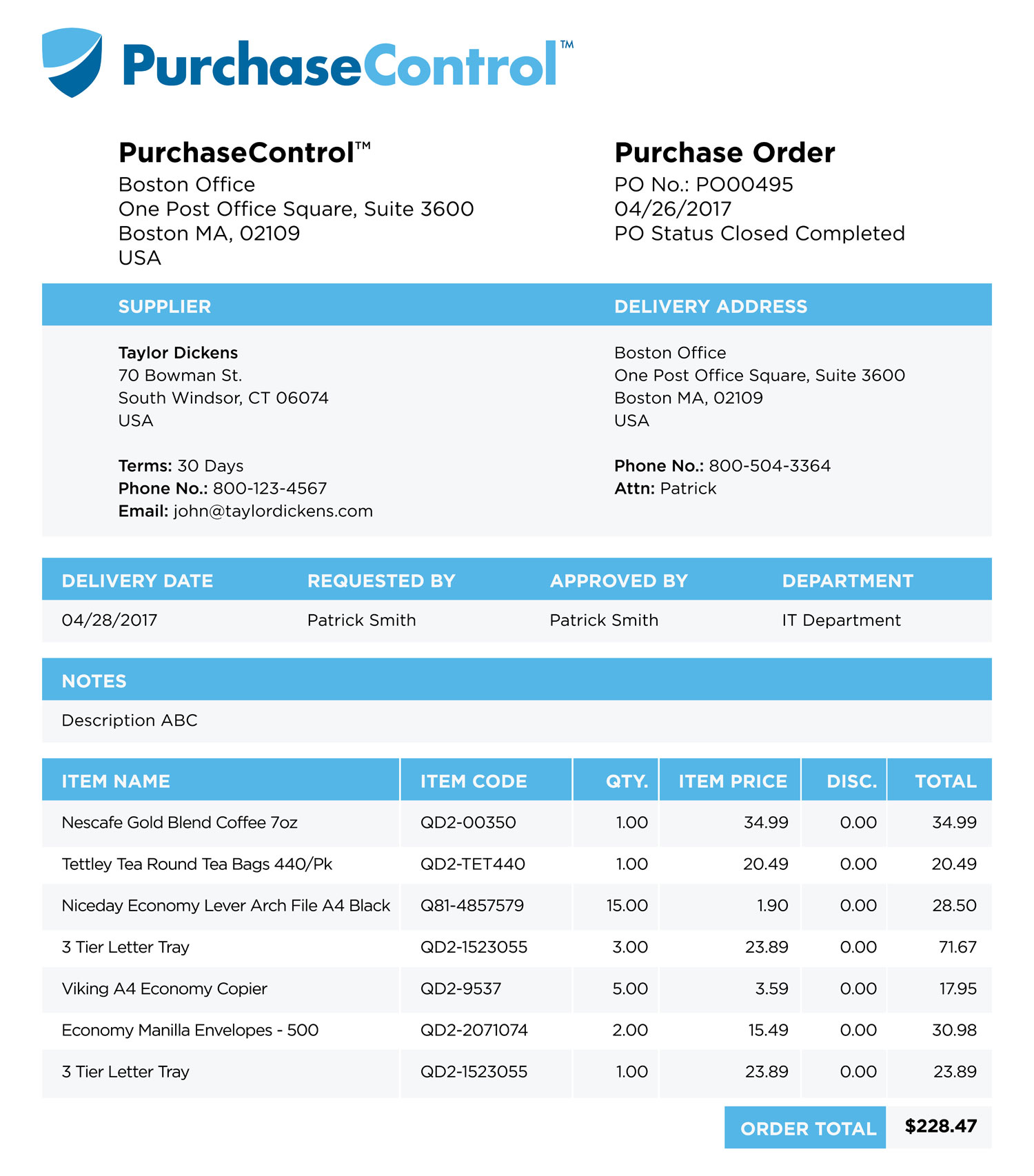Contract manufacturers with inventory management experience and established access to a full-scope supply chain is an obvious early choice. With experience in both design and manufacturing, the right contract manufacturer may also find opportunities for standardised components, cost reduction and improved assembly efficiency. If your big idea is a physical product or gadget, you may need to enlist the services of a contract manufacturer to help bring your product to market. Online resources like ThomasNet and GlobalSources could help you find contract manufacturers to fit your needs.
You’ve completed the RFQ process and selected your Contract Manufacturer (CM). You feel great about your choice; you’ve done your homework, you’ve met the management team and familiarized yourself with the people who will now become your own extended manufacturing team. Now what?
Congratulations! You are officially on the path to getting your product made. Now you need to switch gears from picking the CM to managing them. Here are the next steps.
Part 1: The Contract
The contract, also known as the Manufacturing Services Agreement (MSA), is a legal document spelling out the details of the arrangement with your CM. It is broken out into the following sections:
- Manufacturing Services:
- Defines who is responsible for doing what
- Material Operations: Vendors, procurement, consigned materials
- Subcontractor agreement
- Forecasts and Purchase Orders:
- Forecast planning
- PO procedures, lead times, cancellation
- Fees and Payment:
- Pricing (what’s included/not – VAT, taxes, fees, etc.)
- Margins/Markup (standard vs. consigned vs. “special”)
- Shipments, Samples, Quality Testing:
- Shipping requirements, schedule
- Samples: quantity, timing, who pays
- Quality Testing: Who does it, who pays for it, how it is done
- How Epidemic failures will be dealt with
- Audit: Record keeping
- Final Inspection Procedure
- Product Acceptance & Warranty:
- You can return product that doesn’t meet the specified warranty
- Warranties: Professionally made, original work, tested as specified, manufactured as specified.
- Clearly spell out that you’re allowed to visit and audit at any time
- Representations & Covenants:
- This is a legal document, no conflicts of interest
- Manufacturing in a safe environment, no child labor, ethical, etc.
- Intellectual Property Ownership:
- Definitions
- Who owns what
- Confidentiality:
- Mutual Non-Disclosure Agreement
- Term & Termination:
- Defines the term of the agreement
- How you terminate the agreement
- Indemnification & Liability Limitation:
- General protection for everyone involved & related procedures
- Miscellaneous:
- Terms of agreement, use of name
- Successors / assignment – new agreement
- Controlling law, jurisdiction, venue
You should not be surprised if the CM pushes back on certain sections of the MSA as part of the negotiation process. All CMs are different and will have different requirements but in general, take into consideration their position and find an agreement that’s fair for everyone. The MSA process typically takes two to four weeks to complete. Finally, while MSAs are legal documents and considered quite common, there are many permutations so we strongly recommend having legal representation.
Questions or feedback? Let us know.
Struggling with CAD file management?
Unmanaged CAD data can lead to wasted time and expensive mistakes, but traditional PDM and PLM solutions are too costly for many companies. This guide, written by industry analyst Jim Brown, will help you find the solution that fits your needs.
Contract manufacturing organizations (CMOs), also called contract development and manufacturing organizations (CDMOs), are companies that provide drug development and drug manufacturing services in the pharmaceutical industry on a contract basis.
These organizations allow pharmaceutical companies to outsource some aspects of their business, freeing up valuable time to focus on drug discovery and drug marketing.
Pharma IQ compiled a list of the top ten Contract manufacturing organizations (CMOs) in drug discovery for 2018. The piece got us thinking…


The CMO market is on the rise, and predictions estimate it will reach US$205.104 billion by 2021. This phenomenal rise can be attributed to rising medicine prices and the need for manufacturers to shrink their base of contacts whilst maintaining their global reach and access to technologies.
So, how do you choose the right CMO?

Outsourcing is critical for pharmaceutical and biologic manufacturers. Choosing the right partner is integral to success.

CMOs give pharmaceutical and biologic manufacturers one of the most important assets in today’s fast-paced world: time. By outsourcing manufacturing processes, pharmaceutical and biologic manufacturers can free-up the internal resources required to prioritise internal capacities and enhance process efficiencies.
Key requirements for manufacturers
Cutting costs isn’t (and shouldn’t be) the primary factor for pharmaceutical and biologic manufacturers in choosing the right organisation for outsourcing. Technological capabilities, access to specialized technologies, quality and transparency of service and the geographical location of the CMO are key differentiators according to participants in the 2017 NICE insight CDMO Outsourcing survey.
Is It Time To Use A Contract Manufacturer Cost
Getting the relationship right
Is It Time To Use A Contract Manufacturer For A
However, those doing the outsourcing must also keep in mind that no relationship is one-way, expectations should be realistic. When employing a CMO both parties need to be aware of compliance liabilities attached to the products in question. Compliance of the CMO needs to be monitored by the contractor, while also assisting with the deployment of risk prevention action plans. Overall transparency, managing expectations and a clear vision of strategy in the communication process remains a vital ingredient for a blooming relationship.